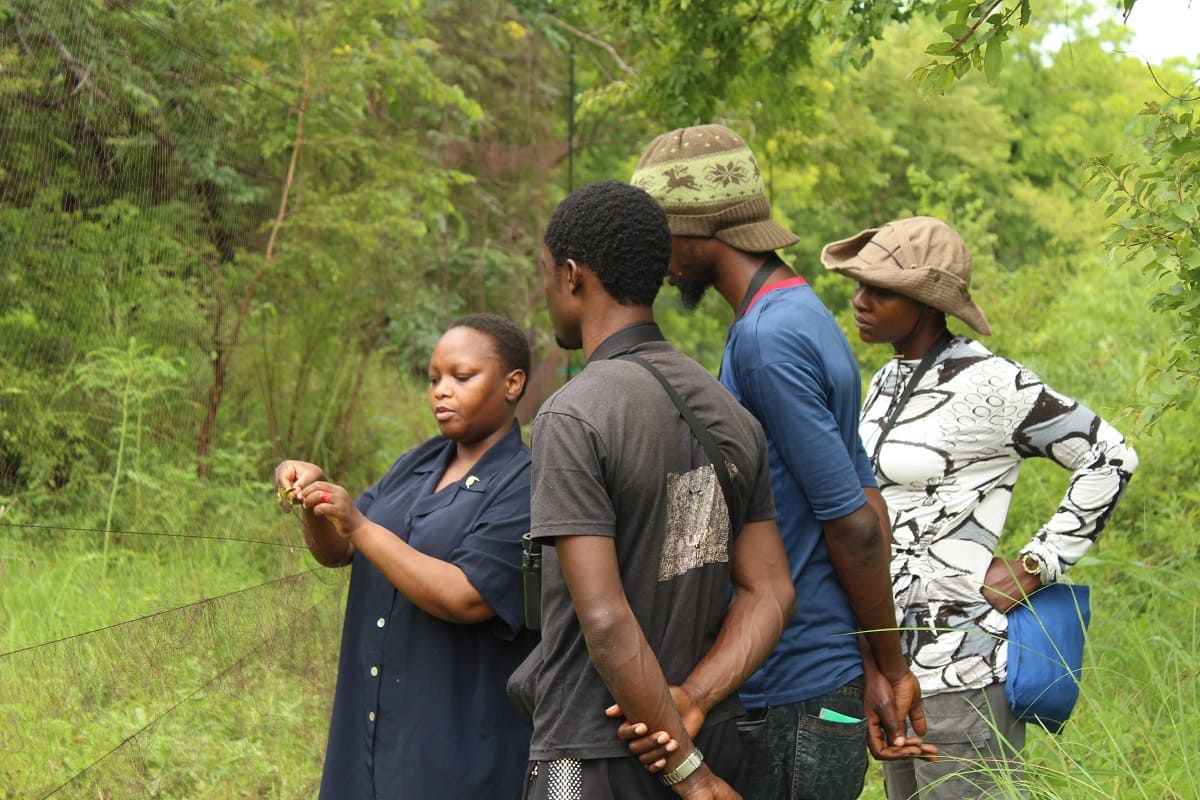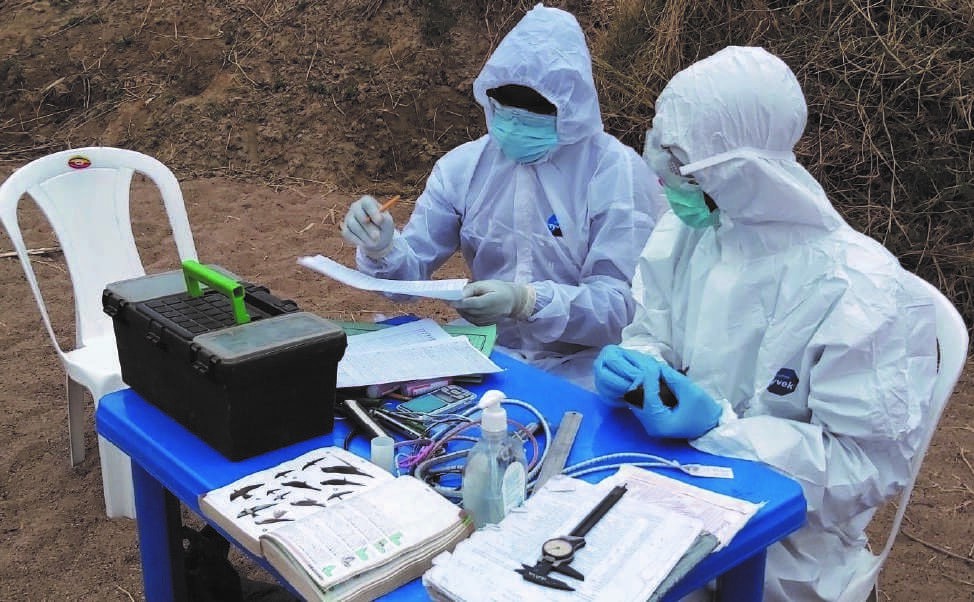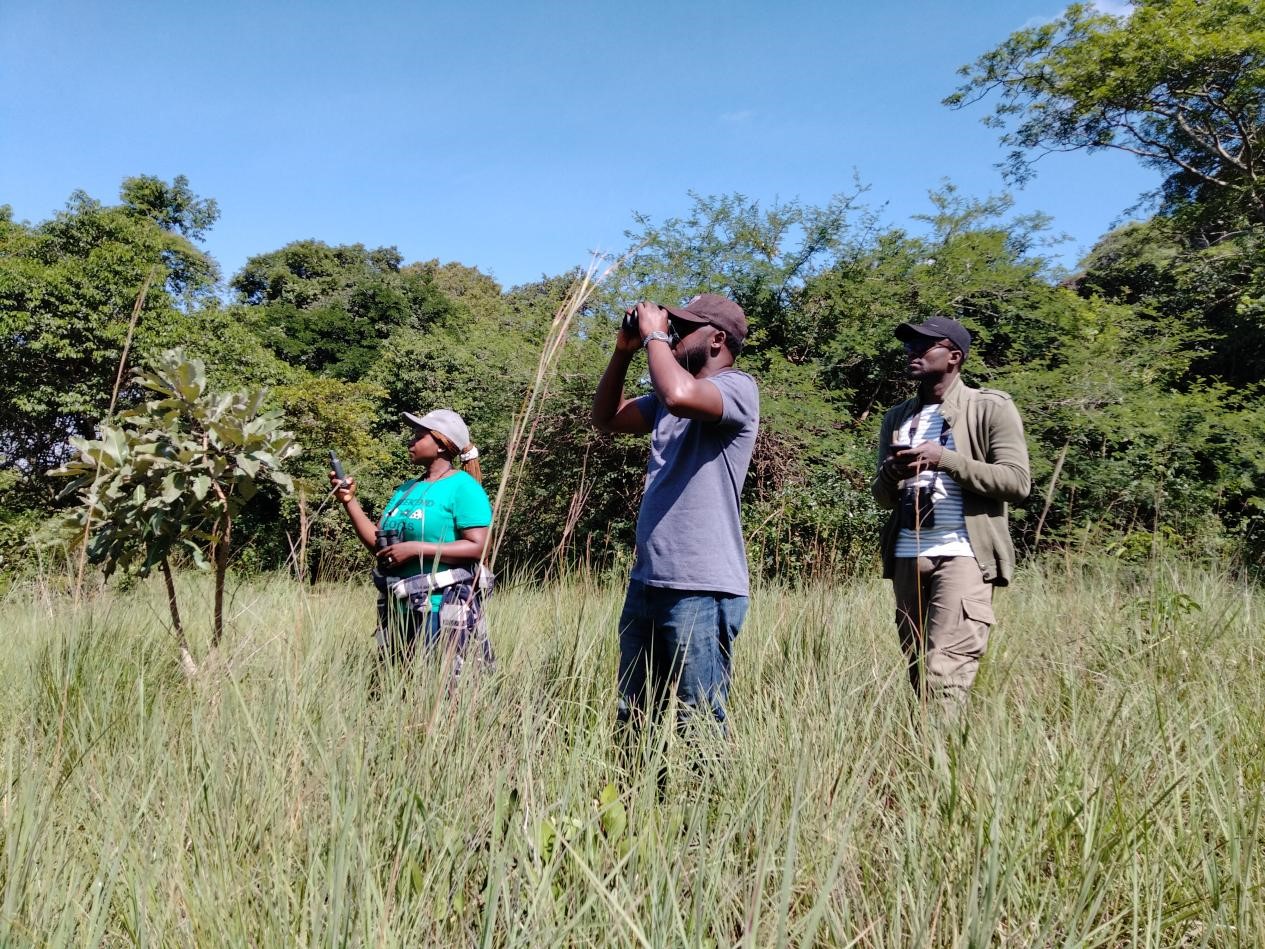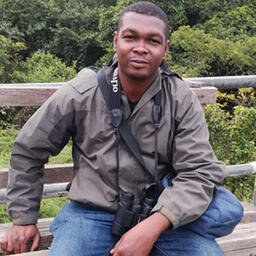CSS Nigeria - APLORI
The Center for Species Survival Nigeria, established in 2023, is a collaborative initiative between the IUCN’s Species Survival Commission (SSC) and the A.P. Leventis Ornithological Research Institute (APLORI), University of Jos, Nigeria. Our mission is to address the urgent need for regional-level understanding of birds and biodiversity status and to lead concerted efforts for their conservation. We are committed to enhancing capacity building in West Africa and supporting the species conservation cycle through research, training, rigorous Red List assessments, and strategic conservation planning and action. Our ultimate goal is to publish the first comprehensive National Red List in the region, facilitating improved conservation measures and promoting a harmonious coexistence between humans and the natural world.
Supporting the Species Conservation
Assessing the state of knowledge on endemic and threatened bird species and the protection status Key Biodiversity Areas in West Africa
The purpose of this project is to conduct a comprehensive systematic review on the state of knowledge regarding endemic and threatened bird species in West Africa. This review will serve as a crucial foundation for our efforts to conserve and protect these species by identifying knowledge or research gaps and making essential information available for species assessment. Additionally, the project aims to assess the protection status of Key Biodiversity Areas (KBAs) in the West Africa region. By evaluating the representation of KBAs in protected areas, it seeks to identify gaps in conservation/protection efforts and provide valuable information for effective conservation planning and management. Through these combined endeavors, the project supports the species conservation cycle by enhancing understanding, identifying gaps, and informing targeted conservation and protection measures for endemic and threatened bird species and Key Biodiversity Areas in West Africa.
National Red List project Nigeria: endemic, rare, and threatened birds as flagship species
The purpose of this project is to initiate the development of the first comprehensive National Red List or Red Book for Nigeria, with endemic, rare, and threatened bird species as flagship species. Currently, Nigeria lacks a centralized and up-to-date assessment of the conservation status of its birds and biodiversity. Although there have been notable publications on the composition and distribution of avifauna in Nigeria, such as the Birds of Nigeria book by Elgood et al. (1994) and subsequent additions, no comprehensive National Red List or Red Book exists. Therefore, this project aims to provide a comprehensive evaluation of the conservation status of birds. Furthermore, the project will catalyze future assessments of other taxonomic groups, convening various experts in butterfly, mammal, plant, and other fields to participate.
Networking for capacity building in Red List assessments and conservation planning
The purpose of this project is to build capacity among conservation practitioners, researchers, and students in Nigeria and the West Africa region in conducting IUCN Red List assessments and implementing effective conservation planning strategies. APLORI, already recognized as a knowledge and capacity building hub in West Africa through its Master's degree programme, will play a central role in convening qualified West Africans to APLORI, where they will receive specialized training and access to resources. The project aims to further enhance APLORI's impact and support the species conservation cycle by developing a comprehensive teaching guide and organizing workshops to cascade knowledge and skills to a wider audience, strengthening conservation efforts throughout the region.
Meet our team

Adams Chaskda
Dr. Adams A. Chaskda holds the position of a Reader in the Department of Zoology at the University of Jos and serves as the Director of the A.P. Leventis Ornithological Research Institute (APLORI). He ...
Bello Adamu Dammallan
Bello has a background in Ecology and Conservation Biology with experience in data management. He employs a combination of expert-derived information and citizen science data to understand species ...





